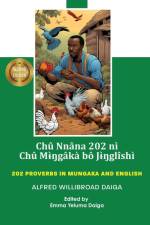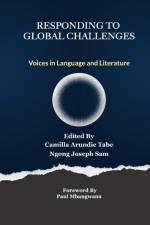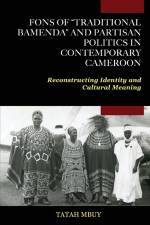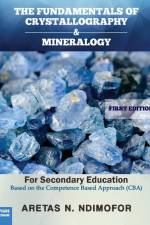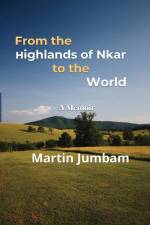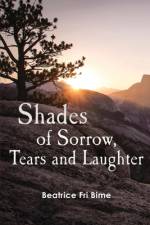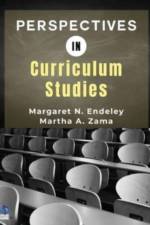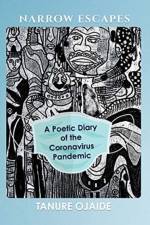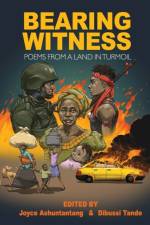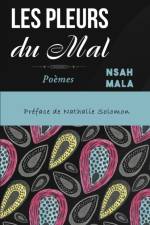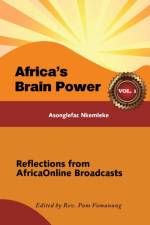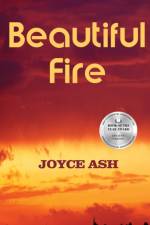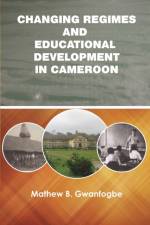av Martin Jumbam
457
In his memoir, From the Highlands of Nkar to the World, Martin Jumbam sets out on an adventure which leads him from the cosy domesticity of life in his village of Nkar, under the patronage of his parents, fervently-strict Catholic Christians, to what is practically a terra incognito, the unknown, the unfamiliar world that first opens up to him when he follows his elder brother, a Catholic teacher, to Nkambe, far from his native Nkar village. This becomes the first of an adventure that will eventually see him drift further and further away from his native village out into the beckoning wide world, a journey of nearly half a century, during which he frequents university amphitheatres in Cameroon, Europe, the United States of America and Canada. Deciding not to settle in any of these countries, thus rejecting the glamour of life abroad, he finally returns to his native Cameroon, an already married man and father of a family. Martin Jumbam worked for over 20 years for an American oil company, Pecten Cameroon, in the port city of Douala, Cameroon, before serving for four years as the general manager of La Maison Catholique de la Communication Sociale (MACACOS), the Catholic Media House of the Archdiocese of Douala. He is the author of My Conversion Journey with Christian Cardinal Tumi (Langaa Publishing, 2014), Beads of Memory (Spears Books, 2020), and co-author of My Night in Captivity (Spears Books, 2021). He lives in Douala and works as a freelance translator, conference interpreter and journalist.

